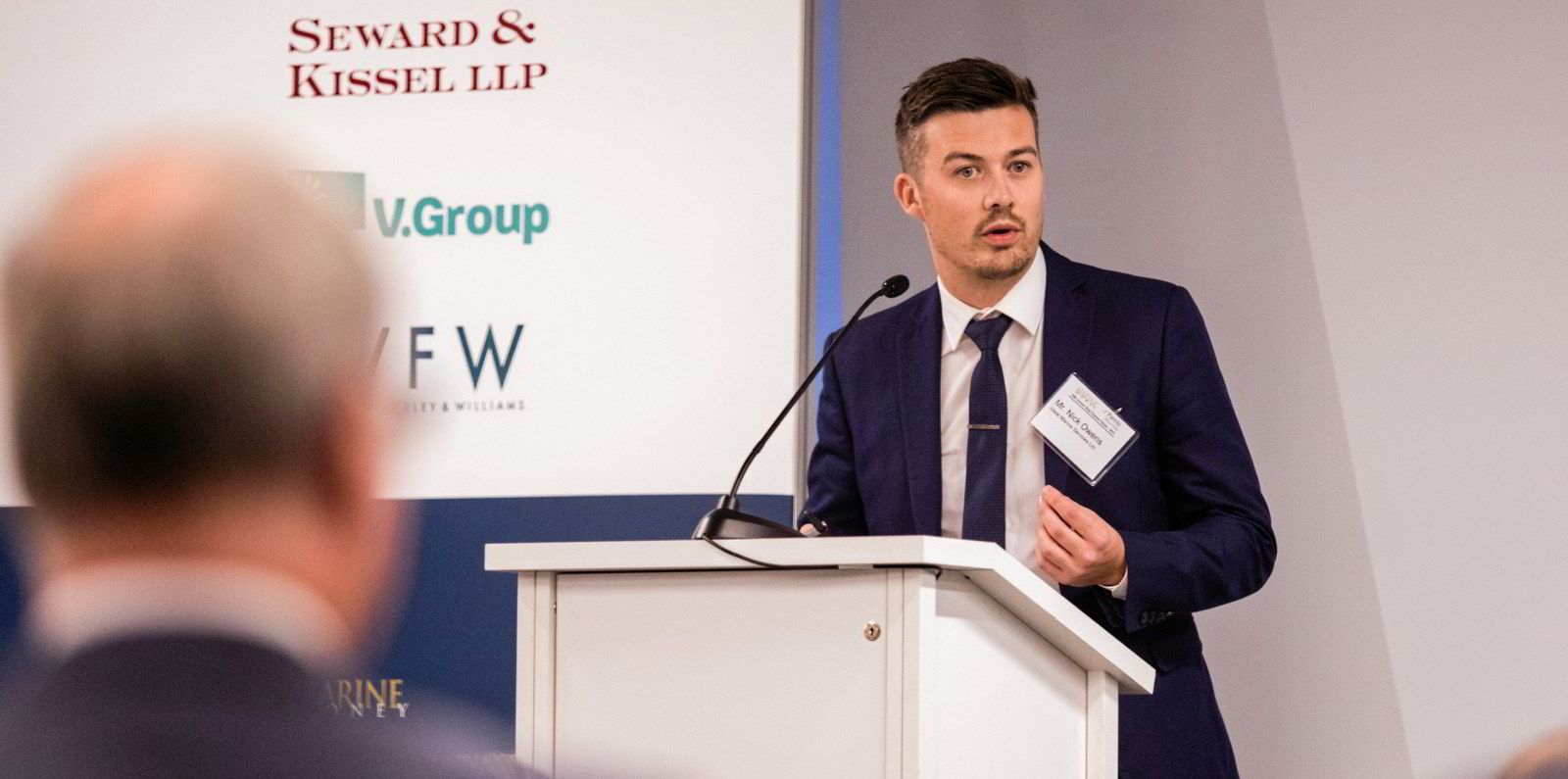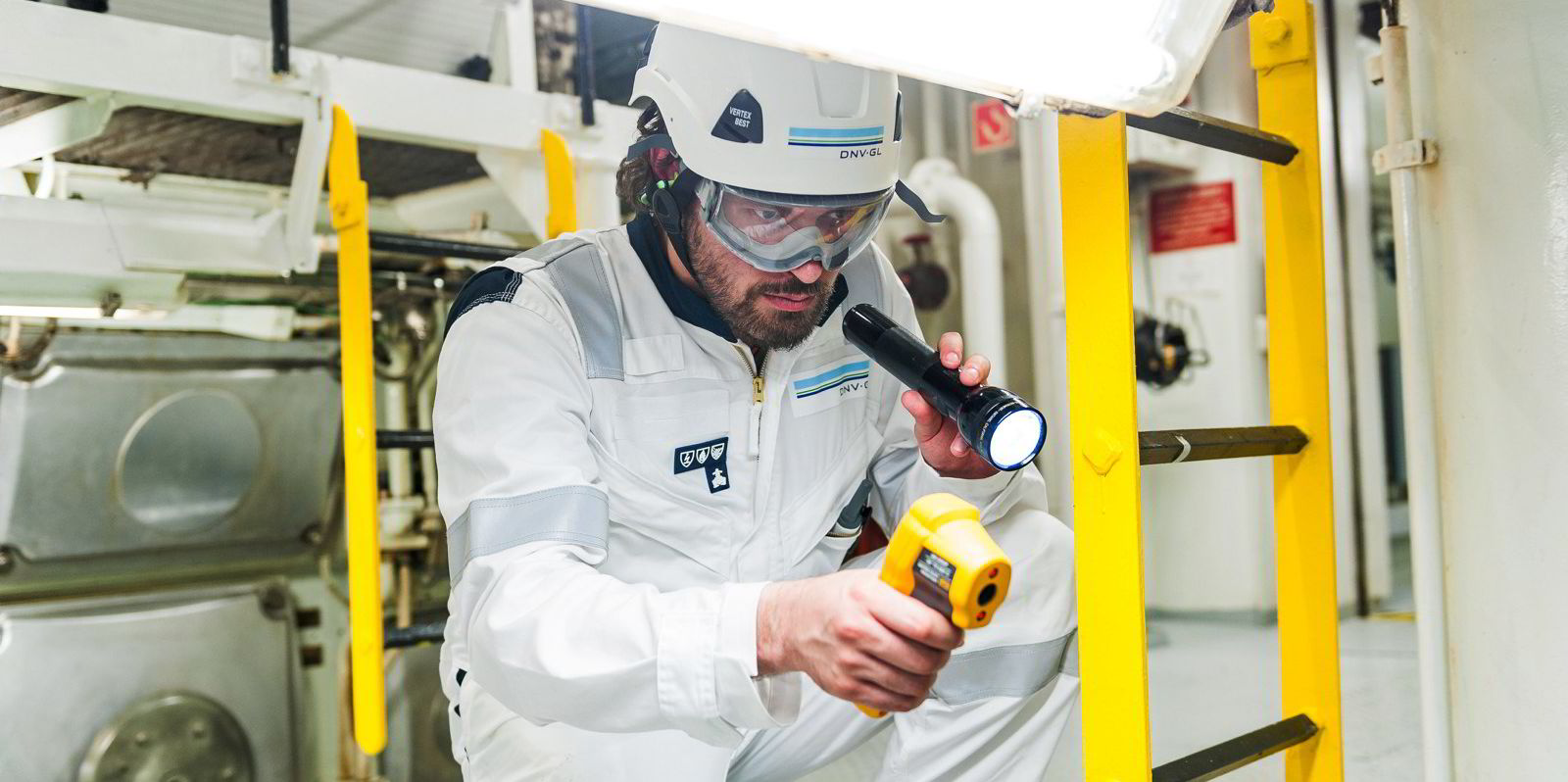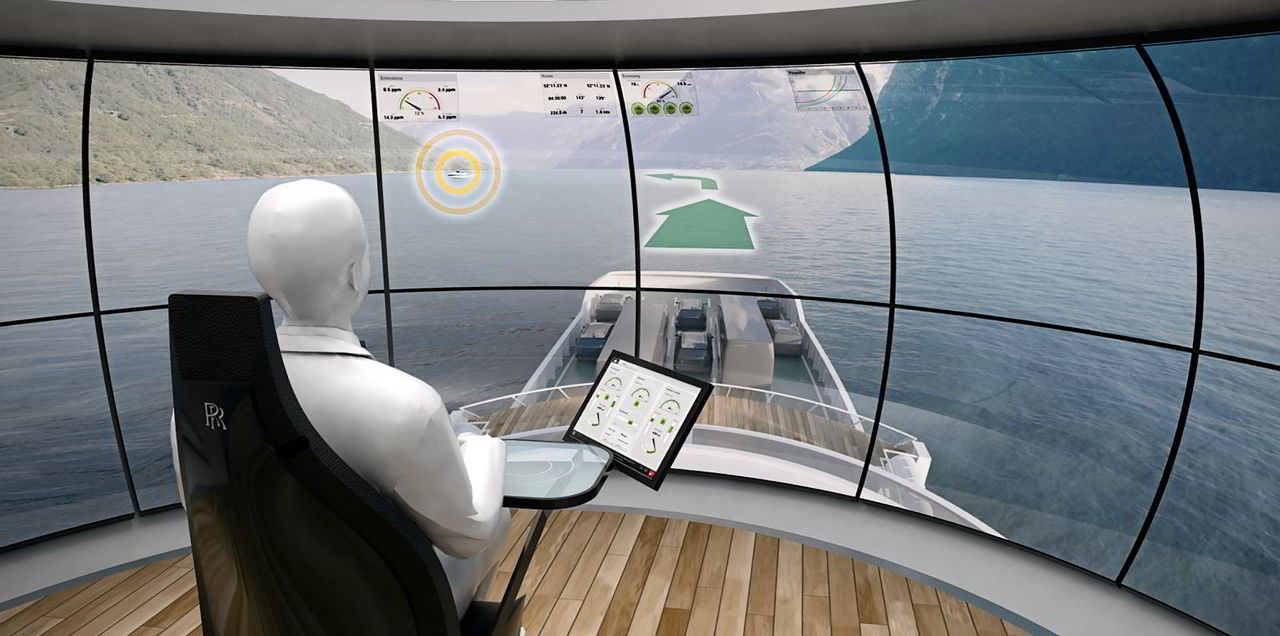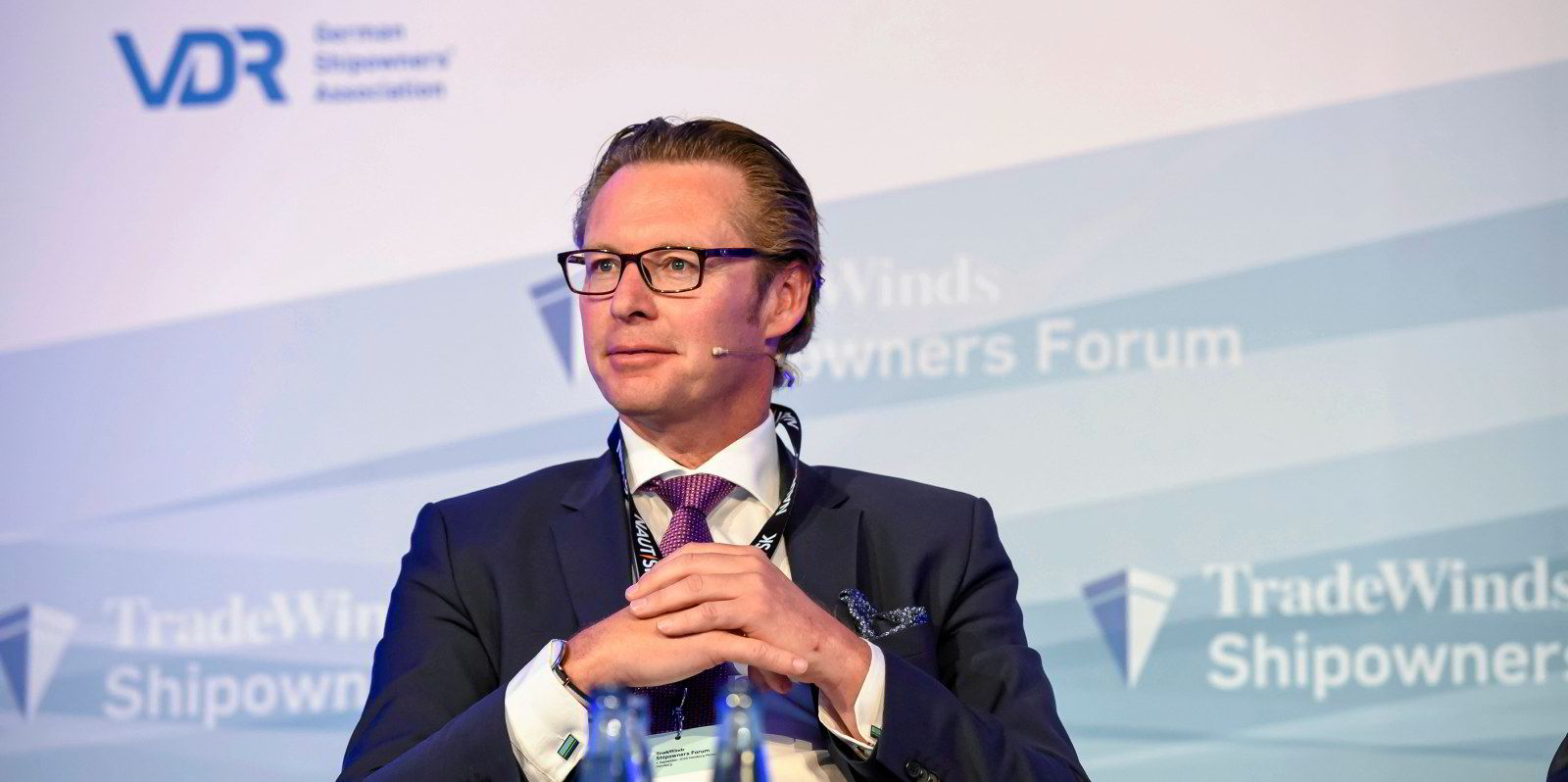What does "transformation" really look like? Before the pandemic, we thought we knew the answer to that question. But now we know for sure. It will be powered by digital technology and make us subject to greater scrutiny than ever before.
If that sounds like a contradiction to you, then you are not alone. We will be asking more of our suppliers and partners but relying on technology to do much of the heavy lifting. A nice idea that does not equate with the reality of the last year.
If Covid-19 can be said to have had a positive influence on the shipping industry, it is in the degree of overall transparency and a willingness to outsource internal functions, which has created time and cost savings without a negative impact on quality standards.
Although the capacity to meet face to face may be constrained for some time to come, we will continue to need to put "boots on deck" when it comes to maintaining quality standards in ship surveys. Our experience suggests it is the number one risk mitigator for banks, owners, brokers and charterers — and we believe strongly in a "blended" approach, which sees us collecting advanced remote data to help shape and support the role of the surveyor.
Safety first
For all the excitement around remote technology, it is still in a nascent stage of development and, in the face of what is a growing humanitarian crisis, we have to be mindful of keeping the emphasis on crew safety, welfare and onboard culture, as well as compliance. Anecdotal evidence from owners even suggests that purely remote surveys can become a burden for crew, because there is not yet any commonality of standards.
Data from Idwal’s 2020 inspection campaign of some 2,000 ships shows that — despite the obvious challenges — the industry has not witnessed a drastic reduction in asset condition. Our proprietary quality system shows a moderate improvement of overall condition across the core tanker, bulker and containership sectors, suggesting that asset-quality standards can be maintained or even improved through a combination of technology and the right level of physical intervention.

Last year saw a sharp rise in enquiries to deliver more “internal inspection” campaigns for owners and managers, suggesting owners wished to keep a closer eye on their vessels’ condition while their own people could not travel.
We do not expect that to change, rather it will probably increase. As is becoming clear, it is very difficult to replicate the role of the surveyor entirely with technology. There is a big difference between validation of basic compliance on board and an assessment of more deep-rooted issues. The former can be achieved by remote tools, the latter almost certainly cannot.
Leveraging data
The data we have amassed tells us a lot about how condition and risk is being managed across the sectors and it is critical that we use this to inform the survey process. By using data in advance of the survey, we can begin to enhance the role of the surveyor rather than try to believe that we can replace it with technology.
Facilitating this shift requires leveraging data from thousands of vessel inspections to increase industry transparency by moving away from a one-size-fits-all approach in the hope that we can somehow manage risk. Achieving this will mean that we can focus surveyors into specific areas of concern and guide them towards eradicating recurring issues across vessel types.
The challenge that follows will be whether the industry can come together to align itself around common survey standards and data sharing, in a way that allows firms to pick up on key trends and focus their surveyors towards effective risk management.
Aligning an army of surveyors, all with a different mentality, backgrounds and perception of risk will be a huge task, but one that will have untold benefits to the industry over time.
Nick Owens is chief executive of Idwal Marine, a provider of ship inspections
Do you have an opinion to share? Email: news@tradewindsnews.com






